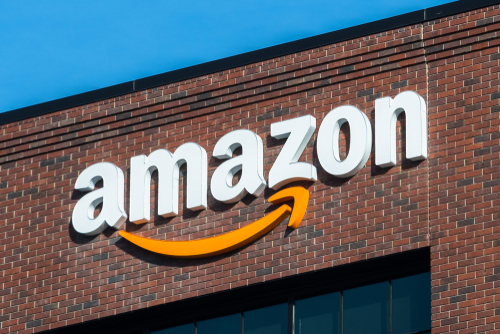Jeff Bezos has officially entered the satellite race, launching Amazon’s first 27 Project Kuiper satellites into orbit. This opening salvo signals a direct challenge to Elon Musk’s Starlink, which currently rules the skies when it comes to satellite internet.
Amazon’s Space Offensive Begins
Launched from Cape Canaveral Space Force Station aboard a ULA Atlas V rocket, Amazon’s satellites are the first wave in a planned constellation of 3,200 low-Earth orbit satellites. Flying at 630 kilometers above Earth, these satellites are designed to deliver global broadband internet, especially to rural and underserved areas.
Unlike earlier commercial satellite launches, Amazon made tweaks to its satellite design, including a sunlight-reflecting mirror coating to ease concerns from astronomers worried about cluttered night skies. After years of delays, the successful launch marks a massive leap in Bezos’ billion-dollar quest to reshape global internet access—and potentially undercut Musk’s dominance in the process.
Musk vs. Bezos: The Billionaire Battle for Orbit
Amazon is stepping into a fight where SpaceX’s Starlink already has over 7,000 satellites in service, providing real-time internet to customers around the globe—including remote areas, military operations, and even warzones. Musk’s head start gives him not only a tech advantage, but also lucrative government contracts and strong brand awareness.
Amazon launches first internet satellites to rival Starlinkhttps://t.co/XPF5pvHF8N pic.twitter.com/M8rcnTys2X
— AFP News Agency (@AFP) April 29, 2025
Still, Bezos isn’t coming unarmed. Amazon has signed multiple rocket launch deals—including with Bezos’ own Blue Origin—and has committed billions in infrastructure. Project Kuiper isn’t just about satellites—it’s about control of the future’s most vital utility: global internet access from space.
Space Race Heats Up, Benefits Americans
Analysts are calling it America’s private sector space race, and it’s picking up fast. Project Kuiper’s latest deployment follows two test launches in 2023. Rajeev Badyal, VP of Technology for Kuiper, emphasized, “There are some things you can only learn in flight… this is just the start of our journey.”
The consumer impact could be huge: competition means better service and lower prices. While Starlink currently leads, Amazon’s entry introduces serious muscle to the market.
In a nation built on free enterprise, the battle between Starlink and Kuiper is the kind of bold innovation Americans expect—two tech titans pushing the boundaries, and the public stands to win.
Sources:
Amazon launches first batch of internet satellites in race to rival Musk’s SpaceX | Euronews
Amazon launches first Kuiper internet satellites, taking on Starlink | Reuters

